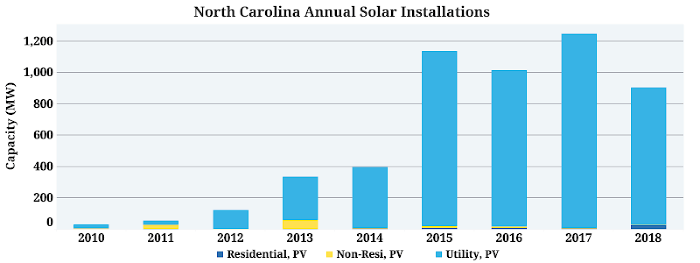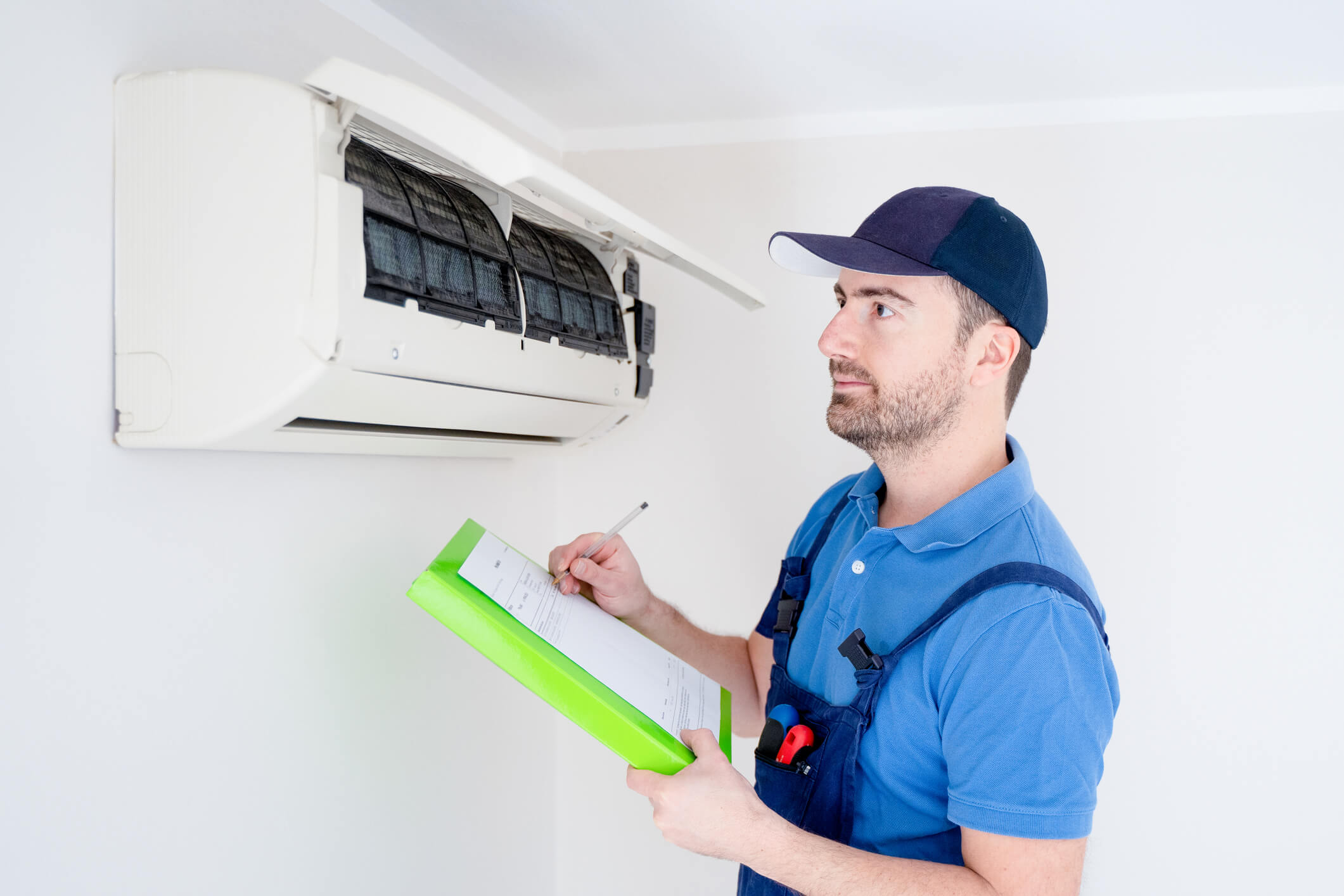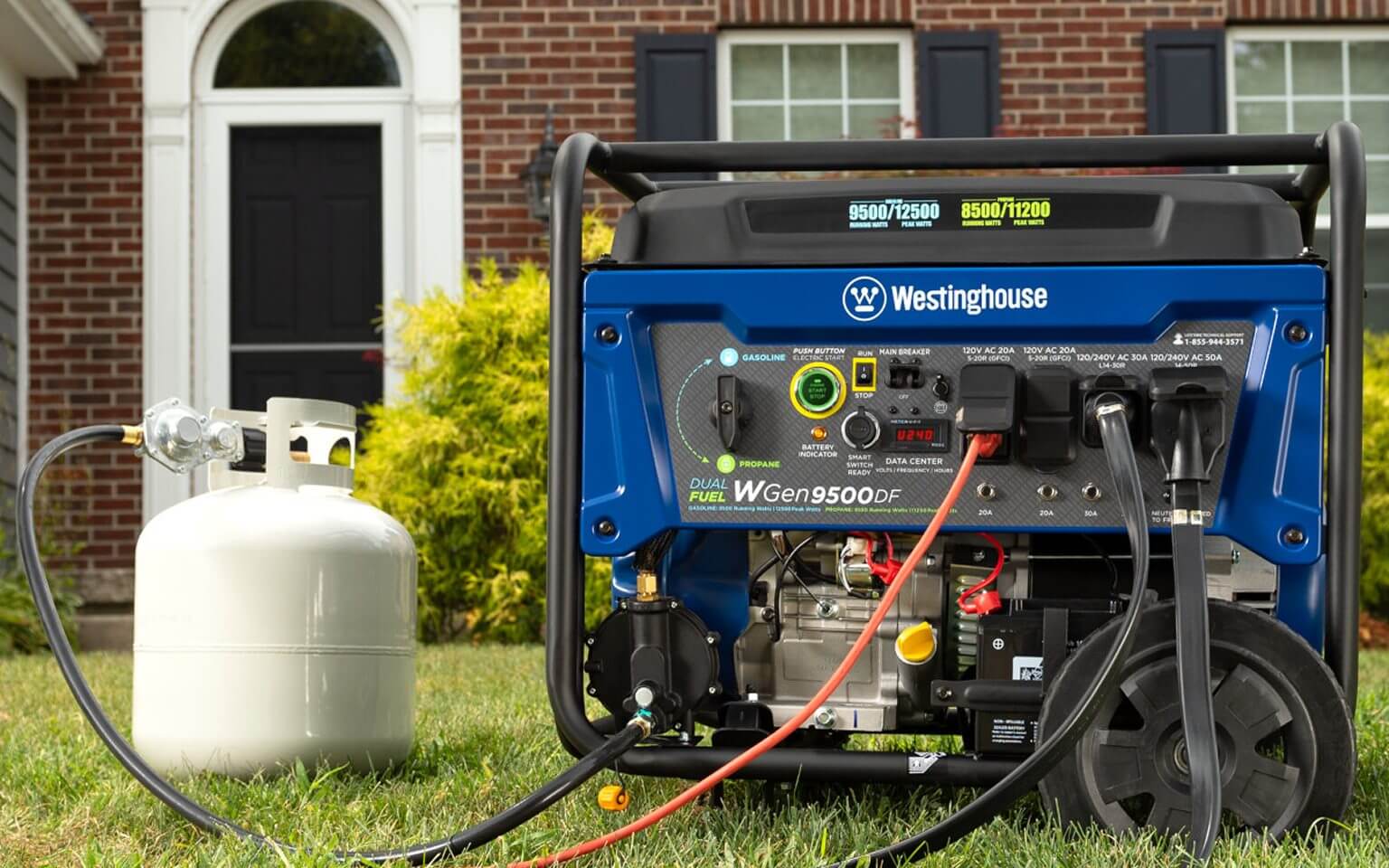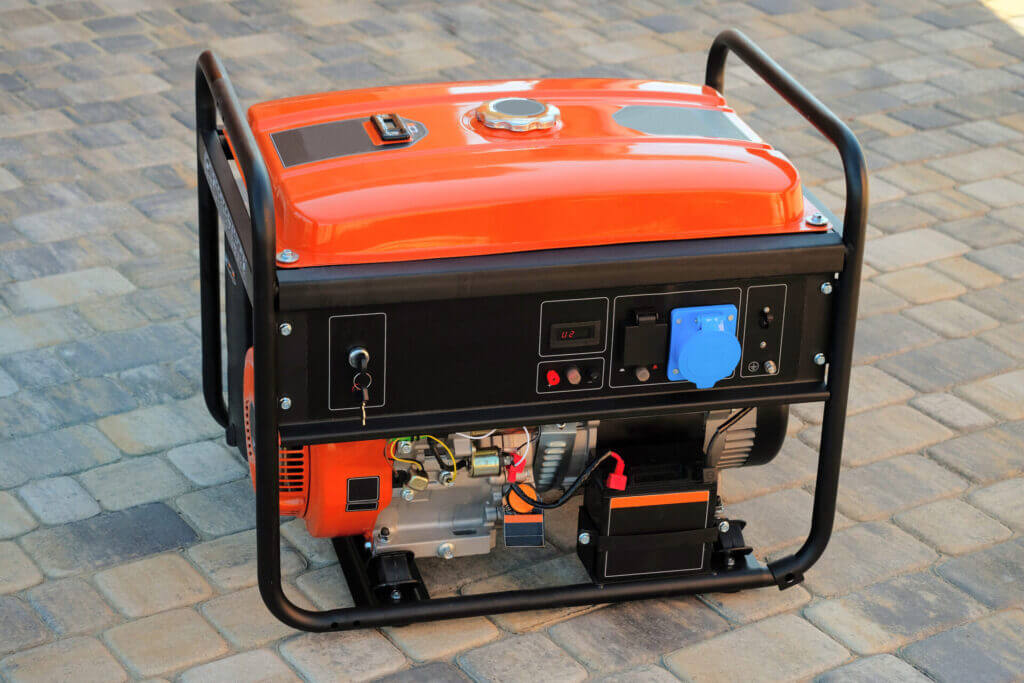Are you doing a solar project?
Modernize can pair you with three to four pros in your area, so you can compare options and save time and money.
In March 2019, the federal Energy Information Administration reported that North Carolina’s solar energy production grew by more than a third (36 percent) in 2018. That growth, according to local ABC affiliate 13 WLOS, “firmly” places the state as “the No. 2 solar-producing state in the nation.” It was in third place in 2018 based on its prior performance then.
That is just one of the ways in the installation of solar panels in North Carolina has seen a positive response and rise in recent years. As of the end of 2018, the Solar Energy Industries Association (SEIA) reported that nearly 5.5 percent of the state’s energy comes from solar. Additionally, SEIA ranks North Carolina fourth in the nation in projecting its growth over the next five years.

The solar panel systems and installation market in North Carolina has exploded since 2012. Chart via the Solar Energy Industries Association.
Indeed, increased competition in the state since 2012—and the nature of the market on a national scale—means residents are primed for home value increases if they install solar panels in North Carolina. And when it comes to home value, researchers project the value of a home increases up to $15,000 on average, according to the Berkley Lab, one of the federal government’s national renewable energy laboratories. That doesn’t even take into consideration the massive savings solar paneling affords homeowners.
Like every other state, North Carolina has a unique set of incentives, benefits, and challenges when it comes to investing in solar panels for houses. Read our residential guide to understand what you should know as a homeowner as you look for the best contractor to install solar panel systems and produce energy like longleaf pine trees produced tar in the Tar Heel State.
A well-informed and reliable contractor will go over each detail of your installation with you, from expected savings to increases in home value. At Modernize, we frequently speak to homeowners about their home improvement projects. In our recent interviews, 90 percent of homeowners requested a checklist to help them find and vet contractors. Modernize now offers homeowners a free, digital Contractor Checklist as a simple, step-by-step guide to assist with your solar panel project.

Asheville, NC: Solar Energy Success Stories
Mike Fleenor knows that without having received help to decipher the world of solar regulation and installation, his own in North Asheville, North Carolina, would’ve been a disaster.
“Had I gone this alone, I would have had to have been pretty motivated to get through the red tape and may have thrown in the towel in frustration in the end,” Fleenor told the Citizen-Times. The article noted that on top of federal incentives, “North Carolina offers a 35 percent tax credit.”
“Growth in residential solar power in North Carolina or the Southeast had been flat in recent years,” said local solar activist Katie Bray, who’s rounding up homeowners to get involved in installing solar panels. “This is pretty huge. Now there’s a real movement among homeowners, nonprofits and small businesses toward solar power.” And well there should be such a movement when turning to the sun can have massive effects on a homeowner’s bills.
Find the Right Contractor for Your Solar Project
Whether you’re ready to begin your project now or need some expert advice, our network of contractors are here to help. With a few simple questions, we’ll find the best local professionals for you
Indeed, solar panels have a sizeable effect on utility bills. North Carolina residents can expect to save nearly close to $17,000 over 20 years.
Keep in mind this data serves as guidance for your journey to home improvement. Use it during your conversation with contractors in your area. Ask for this level of detail in your estimates and if jargon or complex wording seems confusing, ask for clarification. A trusted contractor will be glad for the opportunity to explain what everything means and, more importantly, what it specifically means to you.
When it comes to North Carolina’s solar energy, existing financial incentives (and policy) only make it more lucrative for you to sustainably increase your property value.
North Carolina Solar Panels: Incentives, Rebates, and Other Savings
There are currently nearly more than 130 incentives for homeowners to increase the value of their property by installing solar panels for houses in North Carolina. Find details about each program at the state’s Database of State Incentives for Renewables & Efficiency (DSIRE).
Solid contractors installing solar panels in North Carolina will be able to provide a list of applicable costs savings measures and help you navigate applying for and getting the most out of them. Learn enough to have a foundational understanding of these programs to best talk to your contractor about them once you’ve vetted and chosen one.
Property Assessed Clean Energy (PACE) Financing
Installing solar paneling for homes will increase property value for homeowners who have invested in their houses, and North Carolina is investing right back in them. North Carolina homeowners borrow money to help them pay for solar installations
Find all the details at DSIRE’s profile for the program.
Green Building Incentives
To encourage more green and renewable energy construction, North Carolina is open to municipalities bending tax codes and permit costs for builders relying on new energy resources like solar.
Find all the details at DSIRE’s profile for the program.
Other North Carolina-specific solar energy programs include:
- City of Statesville Residential Energy Efficiency Rebate Program
- City of Concord Residential Energy Efficiency Rebate Program
- Piedmont Residential Equipment Efficiency Program
- Duke Energy Solar Rebate Program
- South River Solar Water Heating Rebate Program
- Tribal Energy Program Grant
Of course, you want to get the most out of local programs as well as federal ones, like the temporary Residential Renewable Energy Tax Credit, which applies to up to 30 percent of your installation. It is important to note that this federal credit is for systems placed in service by 12/31/2019. Solar Energy International reports that a typical five-kilowatt solar system installation in September 2018 would’ve dropped from $15,428 to $10,800 after the rebate is applied—but keep in mind its value is dropping and the credit could be completely gone by the early 2020s. Consult your contractor about this and other available credits and incentives to ensure your investment in the long-term value of your property is as easy on your current assets as possible.
That’s why you’ll want to find a contractor you can trust—a local professional who can get the job done and assist you with navigating local policy and regulation. The Modernize Contractor Checklist will help you vet a trusted contractor, so you can relax knowing your solar panel project is in good hands.
Find the Right Contractor for Your Solar Project
Whether you’re ready to begin your project now or need some expert advice, our network of contractors are here to help. With a few simple questions, we’ll find the best local professionals for you
Reviews from Real Homeowners
Welcome to Homeowner Resources! We are the Modernize blog. Modernize pairs more than 3 million homeowners a year with pre-vetted contractors in their area. This blog started because we believe homeowners should know everything about their homes, from how their HVAC works to which front door colors they might love. On Homeowner Resources, you can find information on every part of your home, right down to how you can negotiate with contractors to get the best price. Here's more about the blog.
Need a contractor? Learn more about how Modernize finds the right pro for you.




